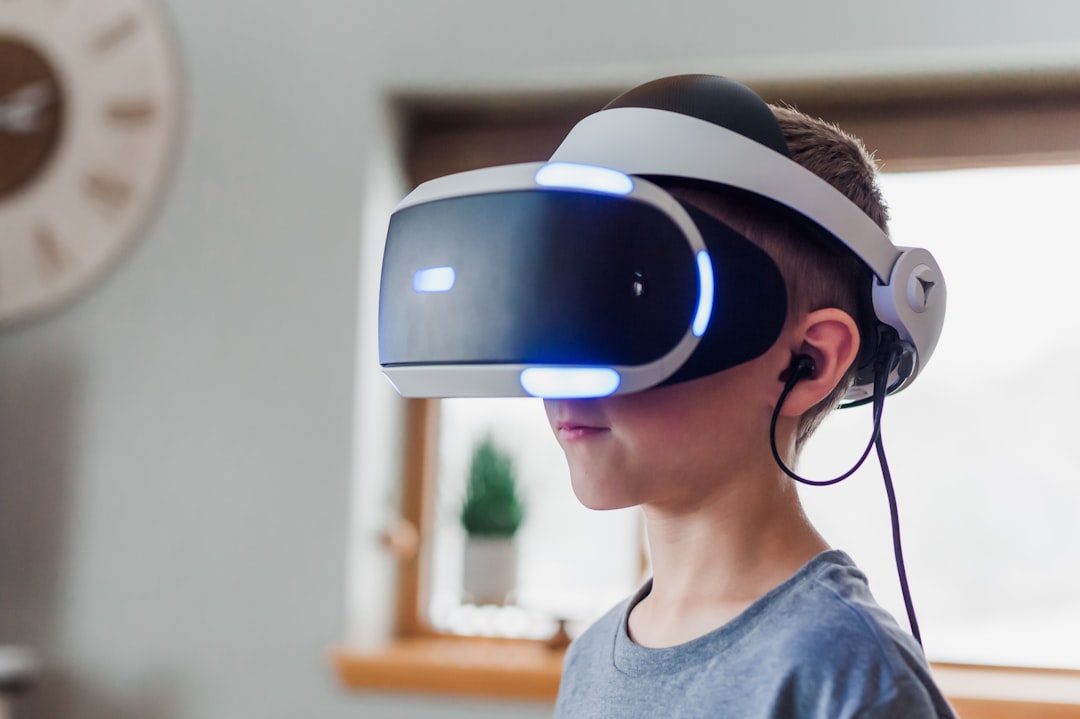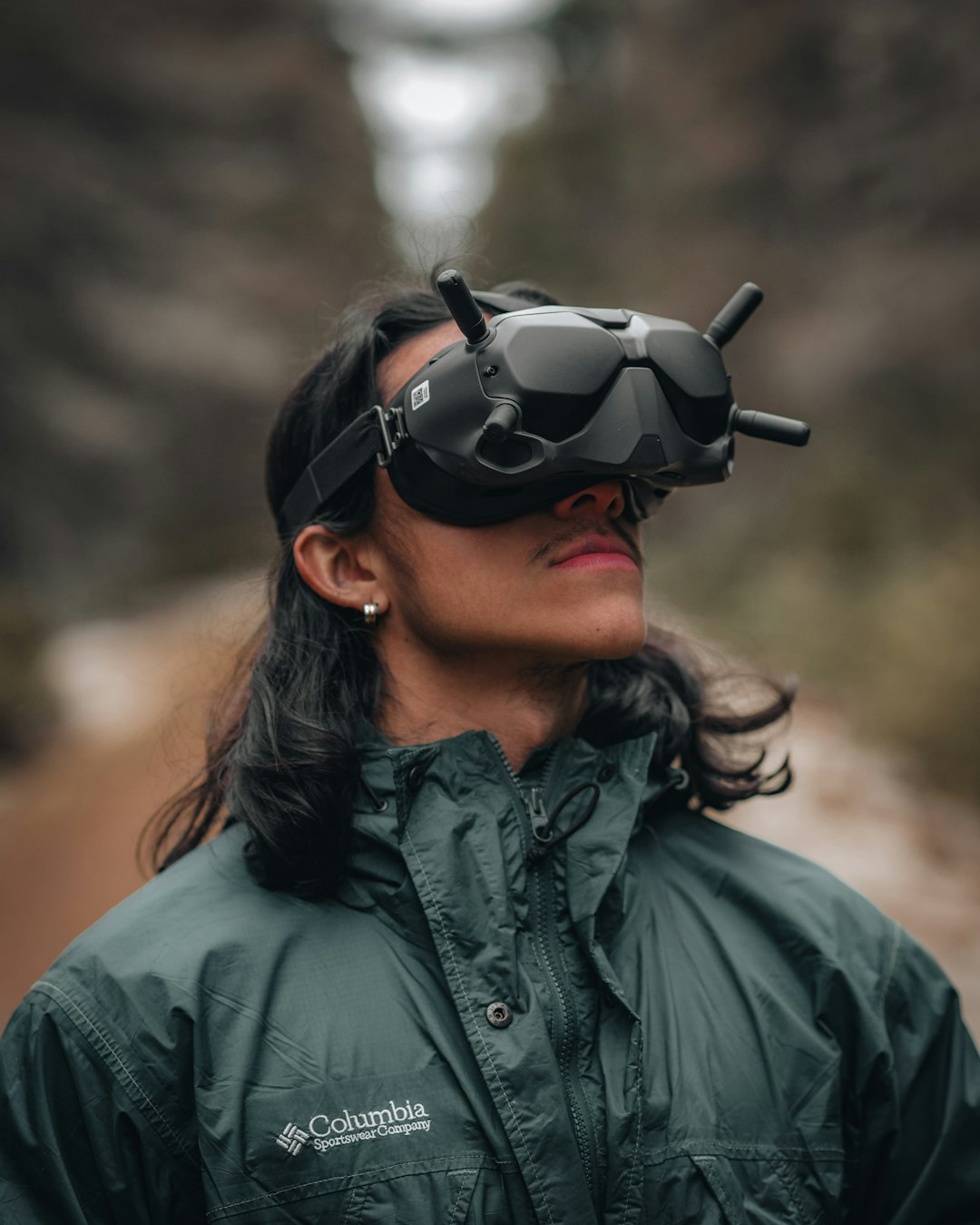Virtual reality (VR) has been a buzzword in recent years, captivating the minds of both tech enthusiasts and casual users alike. With its ability to transport us to new worlds, virtual reality has the potential to revolutionize different industries and redefine how we experience entertainment, education, and even social interaction.
One of the key features of virtual reality is its immersive nature. By wearing a headset, users can be fully enveloped in a three-dimensional virtual environment that stimulates their senses and creates a sense of presence. This technology has opened up endless possibilities in various fields, ranging from gaming to healthcare.
Gaming is one area where virtual reality has made significant strides. With VR, players can step into the shoes of their favorite characters and engage in a completely immersive gaming experience. From exploring new worlds to fighting off enemies, virtual reality takes gaming to a whole new level. With advancements in motion tracking and haptic feedback, players can feel a true sense of presence and interaction within the virtual world.
Education is another domain that benefits greatly from virtual reality. Traditional learning methods often involve reading textbooks or watching videos, but VR offers a more engaging and interactive approach to education. Imagine studying history by virtually walking through ancient civilizations or conducting science experiments in a virtual laboratory. With virtual reality, students can experience concepts firsthand, increasing their understanding and retention of information.
Virtual reality extends beyond gaming and education. It has the potential to revolutionize the healthcare industry by aiding in therapy and treatment. VR can be used to create virtual environments that help patients overcome phobias, manage pain, or even assist with physical rehabilitation. By immersing patients in a virtual world, healthcare professionals can provide personalized and targeted treatments that have proven to be effective in various cases.
Social interaction is yet another aspect that virtual reality is transforming. With the rise of social VR platforms, users can connect with others from around the world in virtual spaces and engage in shared experiences. Whether it’s attending virtual concerts, collaborating on projects, or simply hanging out with friends in a virtual environment, social VR offers a new dimension to human interaction, especially in times when physical distance is a challenge.
While virtual reality has come a long way, there are still challenges to overcome. The cost of VR devices, the need for powerful computers, and the potential for motion sickness are considerations that need to be addressed. However, with the continued advancements in technology, virtual reality is becoming more accessible and user-friendly.
In conclusion, virtual reality is a game-changer with tremendous potential across various industries. From immersive gaming experiences to interactive education, virtual reality is transforming the way we perceive and interact with the world around us. The healthcare industry also benefits from VR’s ability to provide innovative treatments, while social VR platforms bring people closer together. As technology advances, we can expect virtual reality to become even more integrated into our daily lives, opening up limitless possibilities for exploration and discovery.






